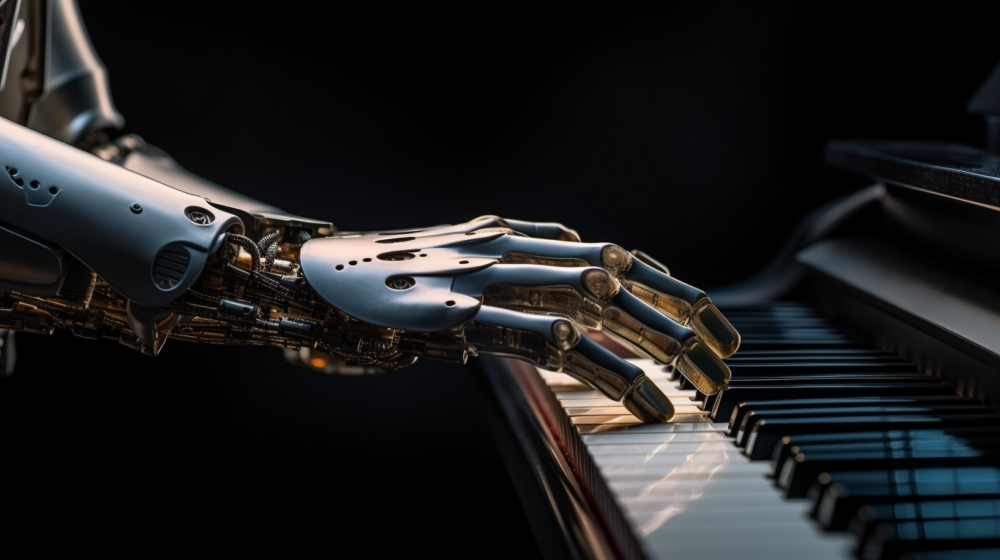Last November, Ed Newton-Rex transitioned from his position at Stability AI, where he was instrumental in developing AI models for music generation, to take the helm at Fairly Trained, a nonprofit startup. This organization champions the cause of ensuring artists are fairly compensated in the evolving landscape of generative AI. Newton-Rex has now criticized Suno, a music AI company, for what he perceives as potential copyright violations.
Writing for Music Business Worldwide, Newton-Rex leveled accusations against Suno, suggesting the company may have used copyrighted music to train its AI models without obtaining permission or offering payment to the artists involved.
Upon conducting thorough tests on the platform, Newton-Rex identified multiple instances where tracks produced by Suno exhibited remarkable resemblances in style, melody, harmony, and instrumentation to several iconic tracks. He pointed out similarities between creations from Suno and hit songs from renowned artists such as Eminem, Ed Sheeran, ABBA, Oasis, and Blink-182.
Suno implements measures to prevent AI prompts that include the names of artists from proceeding. However, Newton-Rex uncovered that slight misspellings within the prompt could circumvent these safeguards. This allowed him to generate a track by using the lyrics of ABBA’s “Dancing Queen” paired with the prompt “70s Pop,” humorously titled “prancing queen.”
Even though there is no concrete proof, Newton-Rex contended that the extent of resemblance between the generated songs and the original hits is too significant to be a mere coincidence, implying that the AI might have been trained on the original tracks.
In a previous discussion with Rolling Stone, an investor in Suno hinted at the company’s initial absence of licensing agreements with music labels, which pointed to possible legal vulnerabilities. Suno has remained silent regarding the specifics of its training data and did not reply to the inquiries from Music Business Worldwide.
Newton-Rex highlighted the risks involved in training AI with copyrighted materials without explicit consent, emphasizing that such actions could infringe upon copyright laws and harm reputable artists. He insisted that companies within the generative AI industry, valued at billions, should not gain financially at the cost of the original creators.






